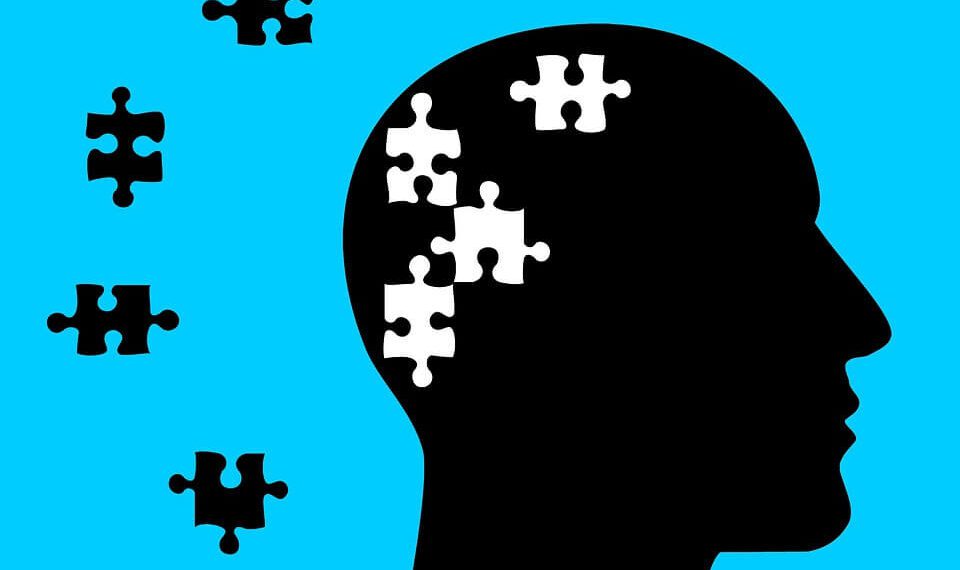The recent pandemic and other disasters have all taken their toll on the mental health of Australians, especially young people. The growing crisis needs immediate action, but of course there’s never a one-size-fits-all solution when it comes to mental health. If you’re someone who has been suffering in the growing crisis, then here are some ideas to help you get back on your feet and restore your mental health to a better place.
- Seek Help from Mental Health Professionals
Top of the list should always be to reach out for help from qualified professionals. To see a professional psychologist in Melbourne, for example, may cost some money depending on the exact circumstances, but the impact of seeing someone both knowledgeable and impartial can make it all worthwhile.
Connecting with family and friends has its place when solving mental health problems (see below), but sometimes they also just tell you what you want to hear, and it doesn’t get to the crux of the matter. If you have long-standing mental health issues, then seeing someone professional is the best way to meaningfully improve the situation.
- Restore Social Connections
One of the biggest drivers of mental health problems over the past few years has been social isolation. It started with lockdowns, but has been exacerbated by people’s fear of reconnecting with friends and family over fear of catching the increasingly infectious COVID-19 variants. For many, isolation has become the norm, and it’s crushing them mentally. This isolation is further compounded by screen addiction and people’s obsession with social media and digitally based friendships.
Taking the step to reconnect in person with friends and family and rebuild one’s social life will most likely have a huge and positive impact on one’s mental health. Your social life is more than just a fun aspect of your life, it’s also a key part of your overall emotional support system.
- Incorporate More Brain-Healthy Food Into Your Diet
You may always have associated diet more with your physical health — and you’re right to do so — but it also strongly connects to your mental health. Keeping your brain healthy with good food choices can contribute a lot to good mental health, so for instance incorporating foods that have anti-inflammatory as well as antioxidant effects are perfect. Certain vitamins and fatty acids are also very beneficial.
Good choices include blueberries, eggs, oily fish with omega 3s (trout, salmon, sardines), leafy green veggies like spinach and broccoli, green tea, pumpkin seeds, turmeric, and whole grains. Bring this into your meal rotations and they’ll hopefully act as a strong supplement to support your mental health recovery.
- Restore a Regular Sleep Schedule
Sleep and mental health problems tend to form a kind of perfect storm in our lives; a vicious cycle that sends our sleep patterns absolutely haywire. The anxiety sitting at the root of our mental health issues keeps us awake, which then makes us shattered in the day, and has us wanting to sleep at all the wrong times, but then starts to affect our work performance, perhaps making us frequently oversleep and be late…all of which us makes us more anxious…and so it goes on.
Bringing back the security of a proper sleeping routine can do wonders for your well-being. Taking yourself off to bed at a reasonable time between 10:00 and 11:00pm and then taking steps to try and sleep better is the first stage. If you’re worried about lying there awake, then you could try apps that are designed to promote healthy sleep. You could also try turning off all your devices and using some more old-fashioned sleep techniques.

